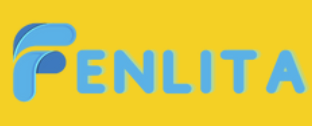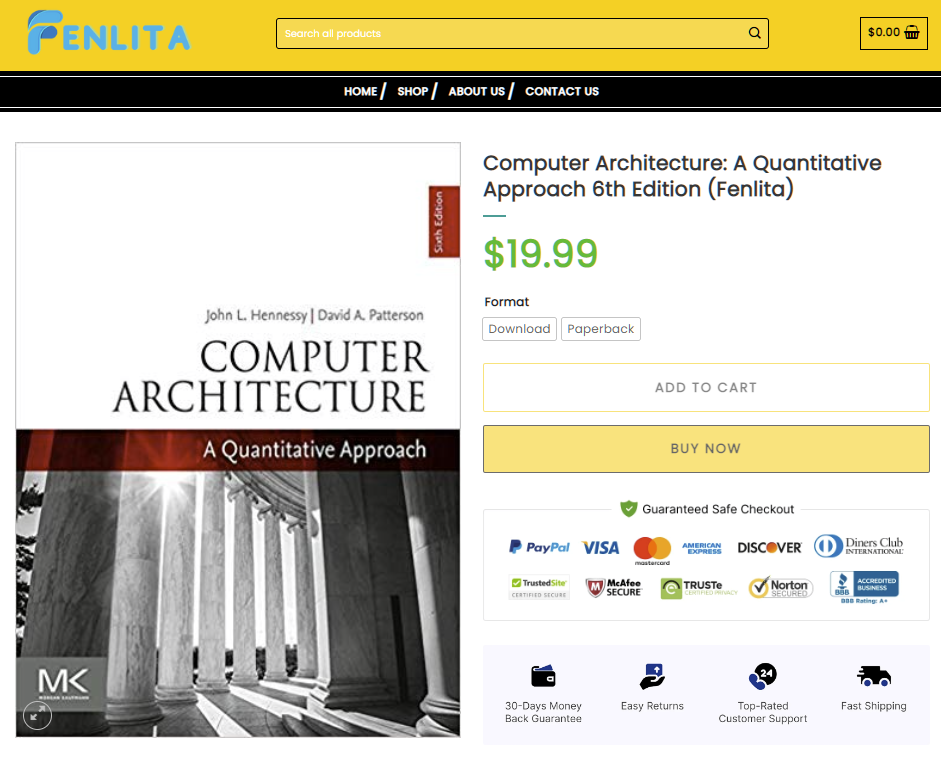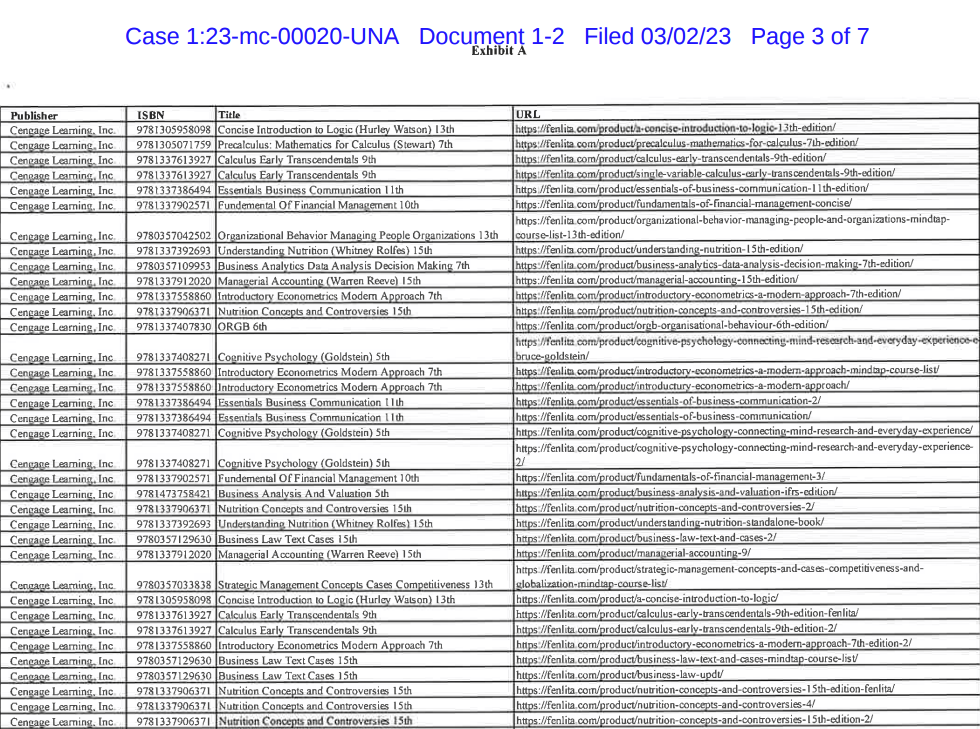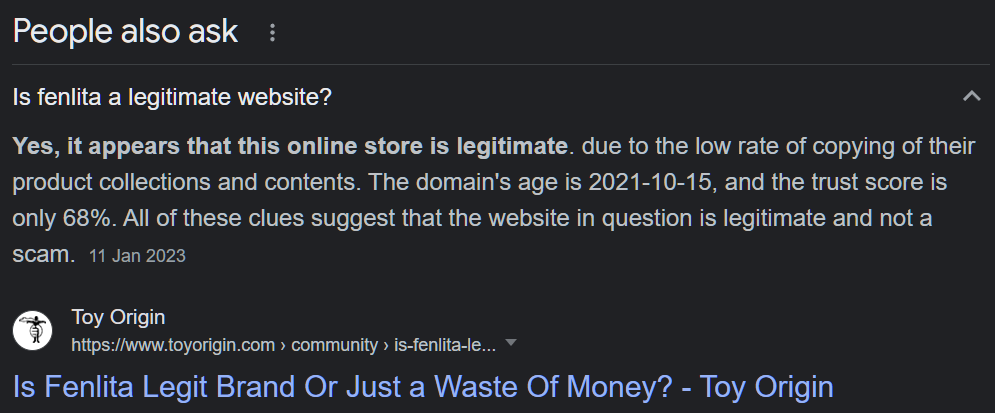-
chevron_right
Major Publishers Mull Legal Action Against Pirate Ebook Platform
news.movim.eu / TorrentFreak · Sunday, 26 March, 2023 - 10:45 · 5 minutes
 There’s something special about professionally produced textbooks. From the information inside to the tactile feel of the paper, textbooks can be items of beauty.
There’s something special about professionally produced textbooks. From the information inside to the tactile feel of the paper, textbooks can be items of beauty.
Unfortunately, reality rains on the parade more than just a little. Textbooks are bulky, woefully underpowered for mass research purposes, and then suddenly out date for any number of reasons. After factoring in the extraordinary expense, it’s no surprise that some turn to sites like the recently resurrected Z-Library .
Check Out The Bargains, Beware of the Scams
A student posting on Reddit’s /r/college earlier this year posed questions about digital textbooks. As a distance learner, digital copies made sense since they don’t have to be physically returned.
After spotting a website offering every textbook the student needed for ‘just’ $20 each, a question needed to be answered: Is Fenlita.com really ‘legit’?
As suggested by some of the responses, sites selling new textbooks for $20 should always be viewed with caution. Several people claiming to have used Fenlita say they pretty much got what they expected – a pirated copy of a textbook in PDF format, in some cases delivered via a Dropbox link.
Other reviews and reports suggest more serious problems for potential buyers.
One reported purchase consisted of a file that “took about an hour” to download and then turned out to be 400 pages of screenshots. Given the low price, that might’ve been tolerable; if the textbook in its original form hadn’t run to 650 pages.
Reports of multiple charges to credit cards and items appearing in baskets multiple times weren’t supported by proof but are still a concern. A report from a buyer, who complained that a download link went to an apparently ‘seized’ website, hardly inspires confidence.
Publishers Target Fenlita.com
Given the above, it’s interesting to note that major educational publishers Cengage, Macmillan, McGraw-Hill, and Pearson were in court earlier this month on a mission to unmask the operator of Fenlita.com via DMCA subpoena.
Court documents reveal that the publishers filed a complaint with domain registrar Namecheap on February 21, 2023. When the website remained operational, counsel for the publishers filed a second complaint on March 2, requesting an urgent response.
The application was accompanied by four-and-a-half pages of microscopic text listing hundreds of URLs where infringing textbooks were being offered.
The publishers asked Namecheap to take action, including by disabling the fenlita.com domain. When that didn’t happen, Cengage, Macmillan, McGraw-Hill, and Pearson asked a Washington court to compel Namecheap to hand over the domain owner’s personal details.
Namecheap Ordered to Unmask Domain Owner
The court granted the request a few days ago, and after being served with the DMCA subpoena, Namecheap must now produce the following:
Identifying information for the person(s) responsible for the alleged infringing content listed in the attached Exhibit A, including but not limited to billing or administrative records that provide the name(s), address(es), telephone number(s), email address(es), account number(s), or any other contact information for such persons.
These requests for information aren’t always successful. Domain buyers are often aware of the trail they leave behind, so it’s possible that Namecheap has only false information to hand over. That being said, the publishers’ are likely to be aware of the bigger picture.
Commerical Pirates and Deception
Most pirate sites have no interest in passing themselves off as legal suppliers. For commercial operations like Fenlita, the impression of being a legitimate vendor offering discounts is helpful when offering pirate copies available for free elsewhere.
A physical address for the ‘company’ behind Fenlita.com features prominently on the website. It leads to a residential property in Sedalia, Missouri, and is unlikely to be genuine. The same address is linked to ads promoting an ethical and environmentally aware seller of returned Amazon books.
Fenlita endeavor to redirect books from landfills, keep books reasonable, offer assistance support library maintainability and through their accomplices, give important arrangements to the worldwide issue of lack of education. That books are a ageless expression of disclosure, creative ability, and accomplishment. Fenlita let stories live on by guaranteeing books are perused once more, given to somebody in require, or reused as another valuable buyer great with a modern story to tell.
This entire pitch was ripped off from genuine booksellers, Discover Books , before being transformed into a mangled mess. That adds to the weight of evidence pointing to an operation people should really avoid.
Unfortunately, people seeking advice from the ‘People also ask’ section of Google search are likely to get the opposite impression. In fairness to Google, the structure of the linked article doesn’t help.
Google’s Transparency Report reveals that since January 2023, the publishers sent takedown notices requesting 12,113 fenlita.com URLs to be removed from search results. Unfortunately, 99.4% of those requests failed to remove anything because the URLs didn’t exist when Google processed the request.
It’s not hard to see why that might be annoying for the publishers but buyers might be a little annoyed too.
WHOIS records show that fenlita.com was registered with Namecheap in October 2021 and currently uses Cloudflare which hides its server IP address. In Fenlita’s case, it was possible to obtain an IP address of a server it had used in the past when Cloudflare wasn’t providing cover.
Payments Diverted, Spam Calls Accepted
When people buy books from Fenlita today, without their knowledge their payment is processed on a subdomain of another ‘book’ store located at getelfinbook.com, which uses the same IP address used by Fenlita in the past.
Whether people supply or have their phone numbers obtained by the platform in other ways is unclear, but in the tiniest of print, buyers agree to receive recurring automated text messages from an automatic dialing system which charges for the privilege.
The same IP address mentioned earlier shows hundreds of similar sites, all products of an instant online shopping website creation platform. We haven’t viewed them all but we did check a few dozen, and many show hallmarks of some type of scam; fake addresses and fake contact details, images culled from other sites, and the same bogus DMCA complaint page.
The publishers’ DMCA subpoena application can be found here ( 1 , 2 , 3 , 4 , pdf)
From: TF , for the latest news on copyright battles, piracy and more.





